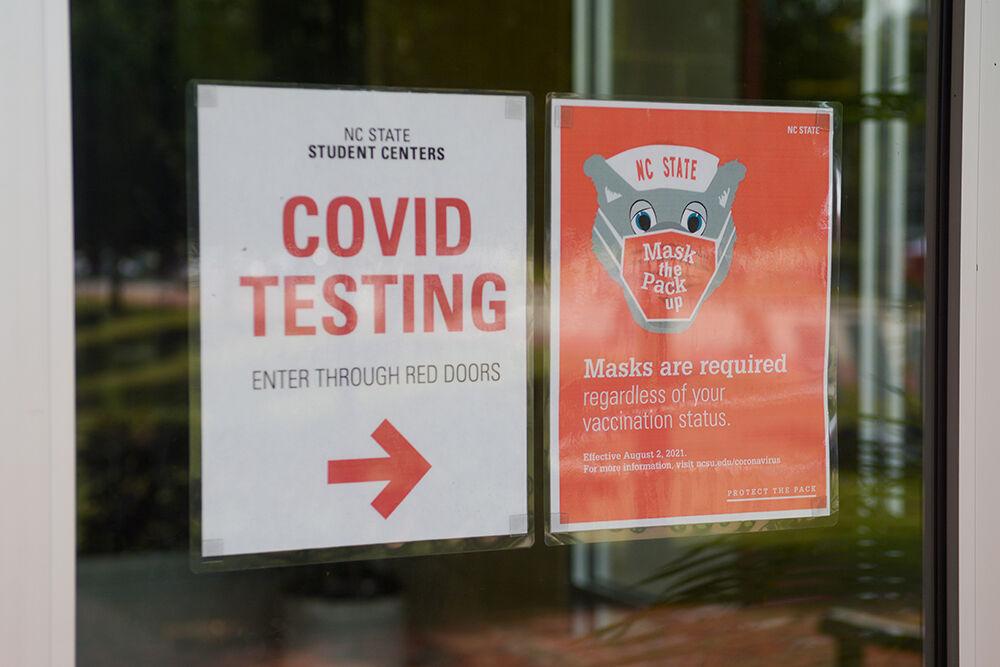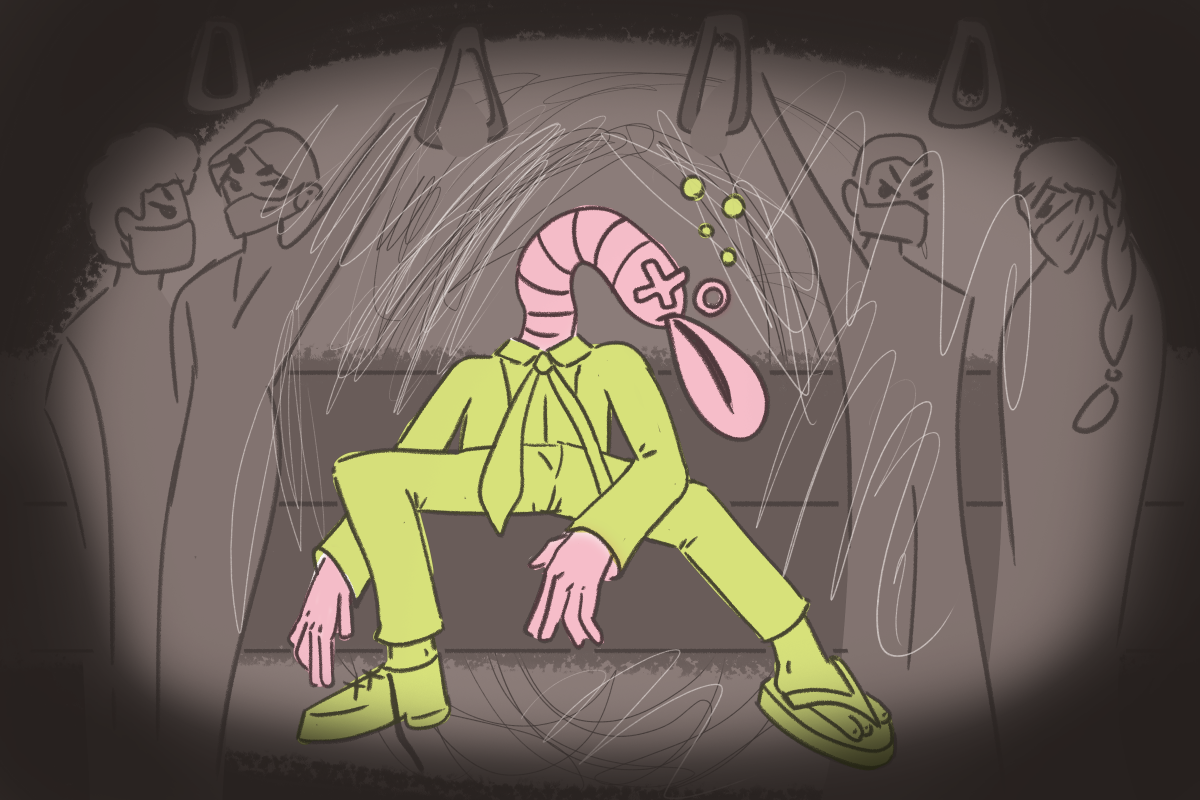The very nature of theatre is intimacy. Audience members peer into the lives of characters and their portrayers with such a degree of closeness that one can hear their breath or see the slightest crinkle around their eyes. Unfortunately, these experiences, particularly within Raleigh’s local theatre scene, have become difficult to partake in during the COVID-19 pandemic.
Heather Strickland, executive director of Raleigh Little Theatre, understands, now more than ever, how having a community to rely on is vital and must be preserved through any available means. Jerome Davis, artistic director of Burning Coal Theatre in downtown Raleigh, said the most important thing now is to ensure these virtual productions still feel live.
Burning Coal Theatre has experimented with new presentation techniques, including streaming performances through Twitch and a drive-in performance of “Selene & the Dream Eater” by Erin Amlicke.
Meanwhile, Raleigh Little Theatre found a way to make summer workshops virtual, while still keeping children’s attention. Knowing it would be difficult for kids to stay on the computer for the length of a full-day class, sessions were split into partial days or offered in small chunks throughout the week. Strickland said, even with the limitations of meeting virtually, the programs were a great success.
Strickland said the most sensible decision was to postpone their 2020-21 season to 2021-22. In this interim year, they are able to select shows one by one to adapt to our constantly changing environment.
“If state restrictions are lifted a little bit and we can get an audience of more than 25 outside, we might be able to do a one-person show out in the amphitheatre,” Strickland said, referring to Stephenson Amphitheatre. “And then, of course, we’re looking at lots of different virtual options for the upcoming season.”
Raleigh Little Theatre recently presented “She Kills Monsters: Virtual Realms” by Qui Nguyen, a virtual adaptation of the original “She Kills Monsters.” The theater sold links rather than tickets and virtually “sold out” the show every night.
“For our final performance, we sold over a hundred links,” Strickland said. “[That] means we probably had more people watching virtually than we would’ve been able to actually get into the theater.”
Though it seems these local theaters have adapted well to recent circumstances, Strickland and Davis said they are eager to return to a traditional style, and were in agreement that performing virtually or to a sea of cars for the foreseeable future is less than ideal.
“The value of theatre is the relationship between the audience and the actor, which is not static,” Davis said. One would hope that watching a play on their computer could give the same artistic fulfillment as seeing it live, but as Davis said, “The finished product is never as good in two dimensions as it is in three.”
Like most local operations, Burning Coal Theatre and Raleigh Little Theatre have taken a hit from the loss of ticket sales because of the pandemic.
“We are estimating that this next season could potentially be at 60% of our normal operating budget,” Strickland said. “It’s just kind of a dance, and I don’t know how long we can hold out.”
Thankfully though, both theaters plan to continue staging productions virtually for the community to enjoy. Beginning Friday, Aug. 14, Burning Coal Theatre will be kicking off “The 19th Amendment Project,” a collection of 14 10-minute plays about the impact of the 19th Amendment, each produced by a different local theatre company. Each play will be released virtually each day, and all of the plays were written by prominent female and non-binary playwrights.
For many, community theatre is not a full-time job. And yet, it serves as a meaningful creative outlet for people who may not get a chance to express themselves otherwise. Raleigh Little Theatre has yet to announce their next production, but their core value of community remains.
For more information about Raleigh Little Theatre and Burning Coal Theatre Company, visit their websites.


















